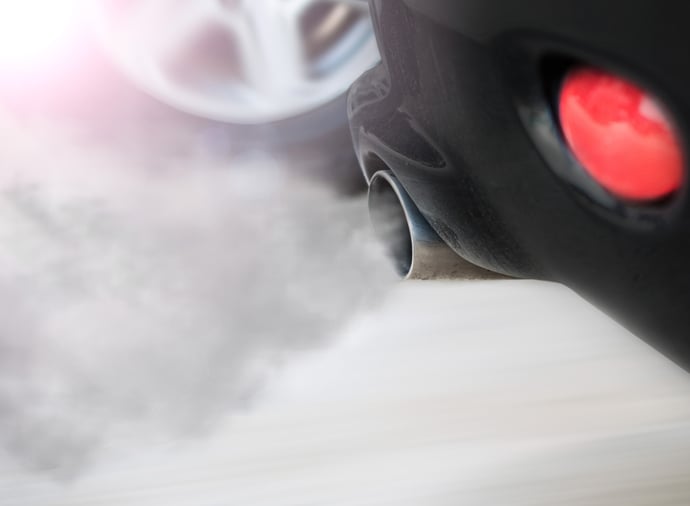Bringing in a 2030 ban on the sale of new petrol and diesel vehicles could create 32,000 new jobs and increase GDP by 0.2%, equivalent to £4.2 billion.
This is according to a new report written by Cambridge Econometrics, supported by Element Energy and on behalf of Greenpeace.
The report used the Department for Transport’s transport model and a macroeconomic model to assess impact of a faster transition.
Under both the 2030 and 2035 scenarios analysed, electric vehicle (EV) adoption undergoes “a rapid increase”, however with a 2035 ban only 60% of the new car market would be made up of EVs compared to almost 100% with the 2030 ban. This results in there being almost 6.5 million more zero emissions vehicles on the road by 2040.
To support a 2030 phase-out date, Greenpeace is calling for additional policies that deliver a network of sufficient charging infrastructure across the whole of the UK, as well as for a zero emissions vehicle mandate to be introduced that sets bindings targets for manufacturers to increase sales of EVs.
The majority of the 32,000 jobs that would be created by 2030 would be in the service industries, such as retail, entertainment and leisure although jobs would also be created in energy, battery manufacturing and the rollout of EV charging infrastructure.
The increased economic activity – also by 2030 – comes as a result of lower costs of owning and running an EV, lower demand for imported oil and its replacement by UK-generated electricity, meaning have increased disposable income and spending is reallocated, frequently towards industries that are currently struggling under COVID-19 restrictions, the report said.
“The government no longer has any excuses. We need a firm commitment to ban new polluting cars and vans by 2030, along with an active industrial strategy to boost manufacturing and support re-skilling, so workers can benefit from new jobs that will be created across the economy,” Doug Parr, UK policy director at Greenpeace, said.
“The rewards are there for the taking. It’s time for the Prime Minister to plug in and put electric vehicles on a fast track to 2030.”
The report comes after the government consulted on bringing the date forward to 2035 or sooner if feasible, with Greenpeace stating it expects a decision to be made on this in an announcement from the Prime Minister Boris Johnson on Thursday 12 November.
Last week, the UK’s four biggest vehicle fleet operators – Centrica, DPD UK, Royal Mail and BT and Openreach – joined the calls for a 2030 ban as part of the UK Electric Fleets Coalition.






